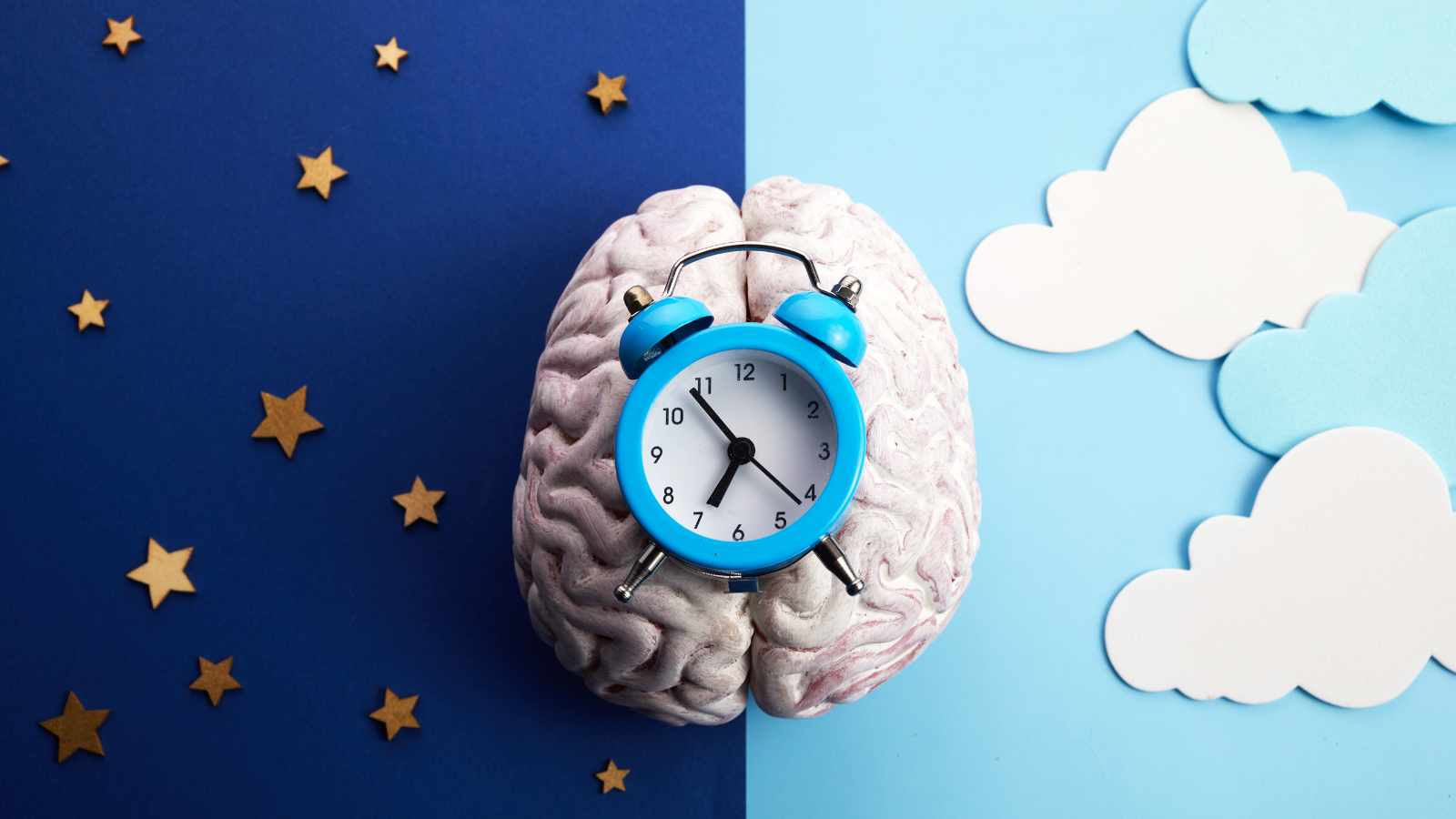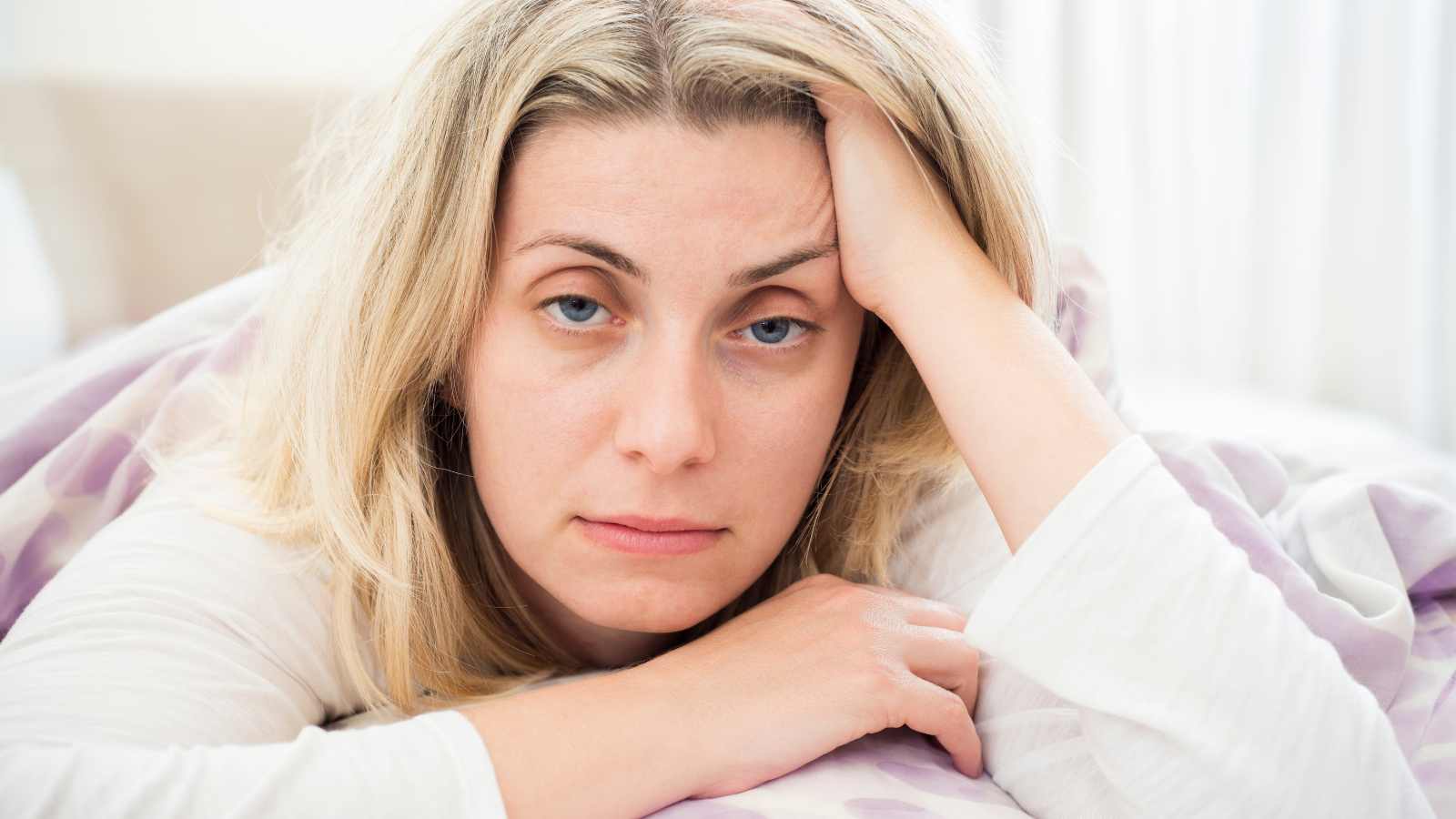Are you sleeping late at night? You’re not doing yourself any favors, according to doctors. Here are ten things they want you to know about the consequences of late-night sleep.
Disrupted Circadian Rhythms

Our bodies operate on a circadian rhythm, which regulates various physiological processes. This natural cycle maintains optimal health and well-being. However, sleeping late at night can disrupt it, leading to imbalances in your sleep patterns and affecting the quality and quantity of your restorative sleep.
Weak Immune System

Sleep is vital for your immune system, helping it fight off bacteria and viruses that can cause illness. When you sleep late at night and you disrupt the natural circadian rhythm, it leads to a weakened immune response. A weakened immune response makes you more susceptible to infections and illnesses.
Chronic Diseases

Your body’s natural clock, or circadian rhythm, helps regulate critical physiological processes like blood pressure and glucose levels. Disrupting this rhythm by sleeping late can affect these processes, potentially leading to an increased risk of chronic diseases like diabetes and heart disease.
Reduced Fertility

Sleep is crucial for reproductive hormones, and disrupting sleep patterns by staying awake late can impact fertility. Changes in the body’s natural rhythm can affect reproductive hormone levels for both men and women, making conception more challenging.
Weight Gain

Sleeping late at night often goes hand in hand with snacking and overeating. This eating pattern can lead to weight gain, as your body cannot metabolize food efficiently while you sleep. Also, lack of sleep can affect hormones that control appetite and feelings of fullness, making it challenging to maintain a healthy weight.
Mood Disorders

Your circadian rhythm also impacts your mood and emotions. When you consistently disrupt this rhythm by sleeping late at night, it can lead to mood disorders like depression and anxiety. It can also worsen existing mental health conditions.
Accidents and Injuries

Lack of sleep due to sleeping late at night can affect your alertness and coordination, making you more prone to accidents and injuries. This issue is especially concerning for people who engage in activities that require high levels of focus and concentration, like driving or operating heavy machinery.
Difficulties Falling Asleep

One of the most significant challenges associated with sleeping late at night is difficulty falling asleep. Your body may not feel tired or ready for sleep if you’ve slept in later than usual. This difficulty can lead to a vicious cycle of staying up even later because you cannot fall asleep, further disrupting your sleep schedule.
Mental Health Issues

Consistently staying up late and having irregular sleep schedules are linked to a range of mental health issues. People with irregular sleep patterns are likely to experience higher levels of anxiety and depression. They may also struggle with regulating emotions and managing stress.
Cognitive Function

Getting enough sleep allows our brain to process and consolidate information, enhancing attention, memory, and decision-making abilities. On the other hand, consistently sleeping late can disrupt these cognitive functions, leading to impaired attention span and decreased memory retention.
More From Health Makes You

Hearing loss is a serious condition that can significantly impact one’s quality of life. Unfortunately, many people are unaware of the common bad habits which can lead to hearing loss. Here are 14 bad habits that could make you deaf if left unchecked.
14 Bad Habits That Could Make You Deaf
10 “Good” Habits That Are Actually Bad for You

Some healthy activities may seem like good ideas, but they are actually bad for your health. It sounds counterintuitive, but these habits can put your body at risk. Here are ten good habits that can have negative consequences if practiced too often or intensely.
10 “Good” Habits That Are Actually Bad for You
Want to Live a Long Life? Don’t Do These 20 Things

Do you want to live a long and healthy life? Then you should avoid doing certain things. Research shows that some habits, behaviors, and activities can harm your health. Here are the top 20 worst things you can do for your health.
Want to Live a Long Life? DON’T DO These 20 Things
The 30 Worst Foods to Eat After Age 30

Eating healthily is vital at all times, but after 30, consuming certain foods can harm more than help. By avoiding these food items when you reach your thirties, you can promote lasting health and happiness for years.
The 30 Worst Foods to Eat After Age 30
20 Bad Habits That Could Make You Blind

Staring at a screen (phone, laptop) has become a common habit that seems harmless, but over time it can cause severe damage to your eyes. That’s just one of the habits that can damage your eyesight. Here’s more:
20 Bad Habits That Could Make You Blind
This article was produced on Health Makes You.
